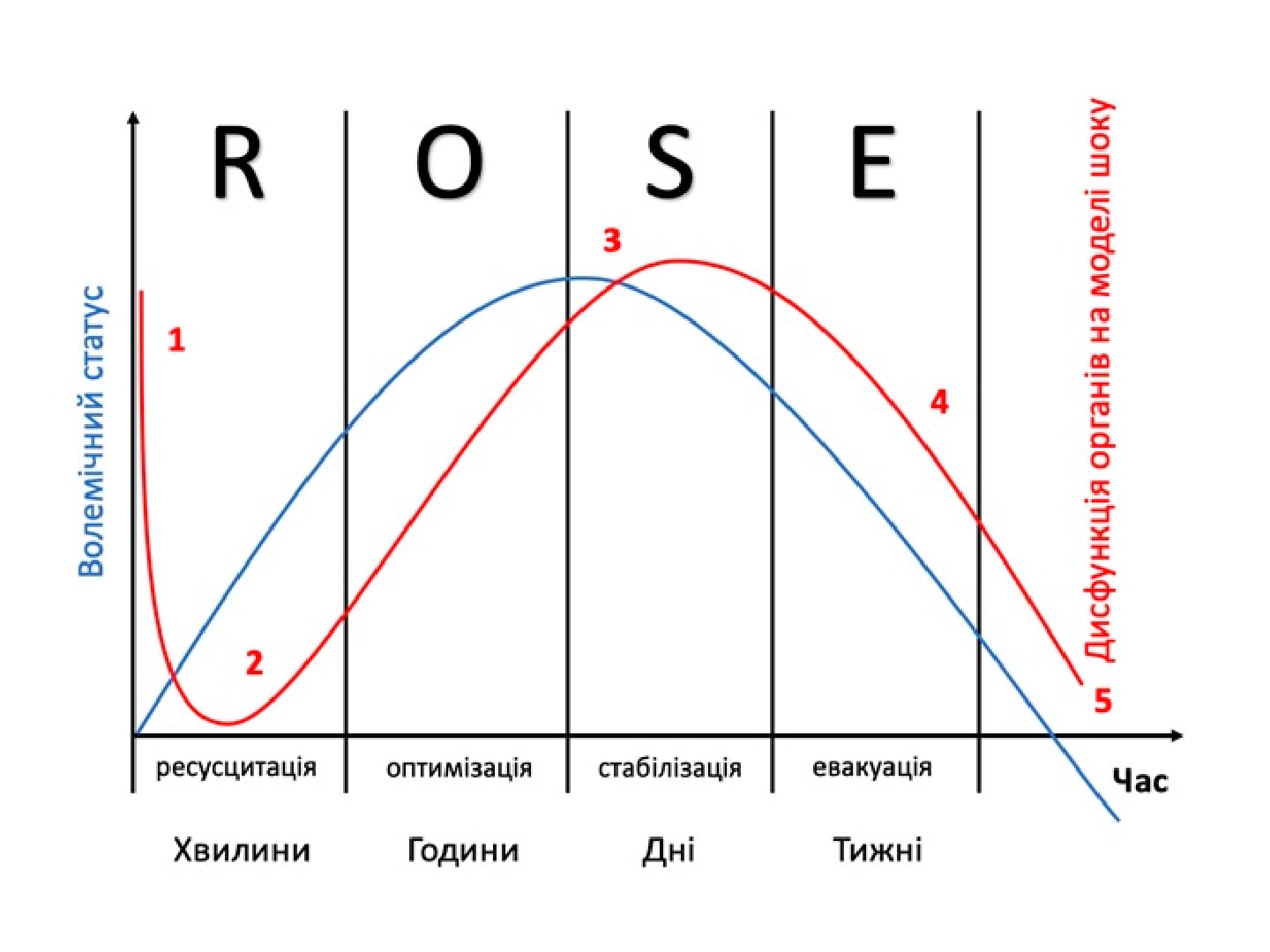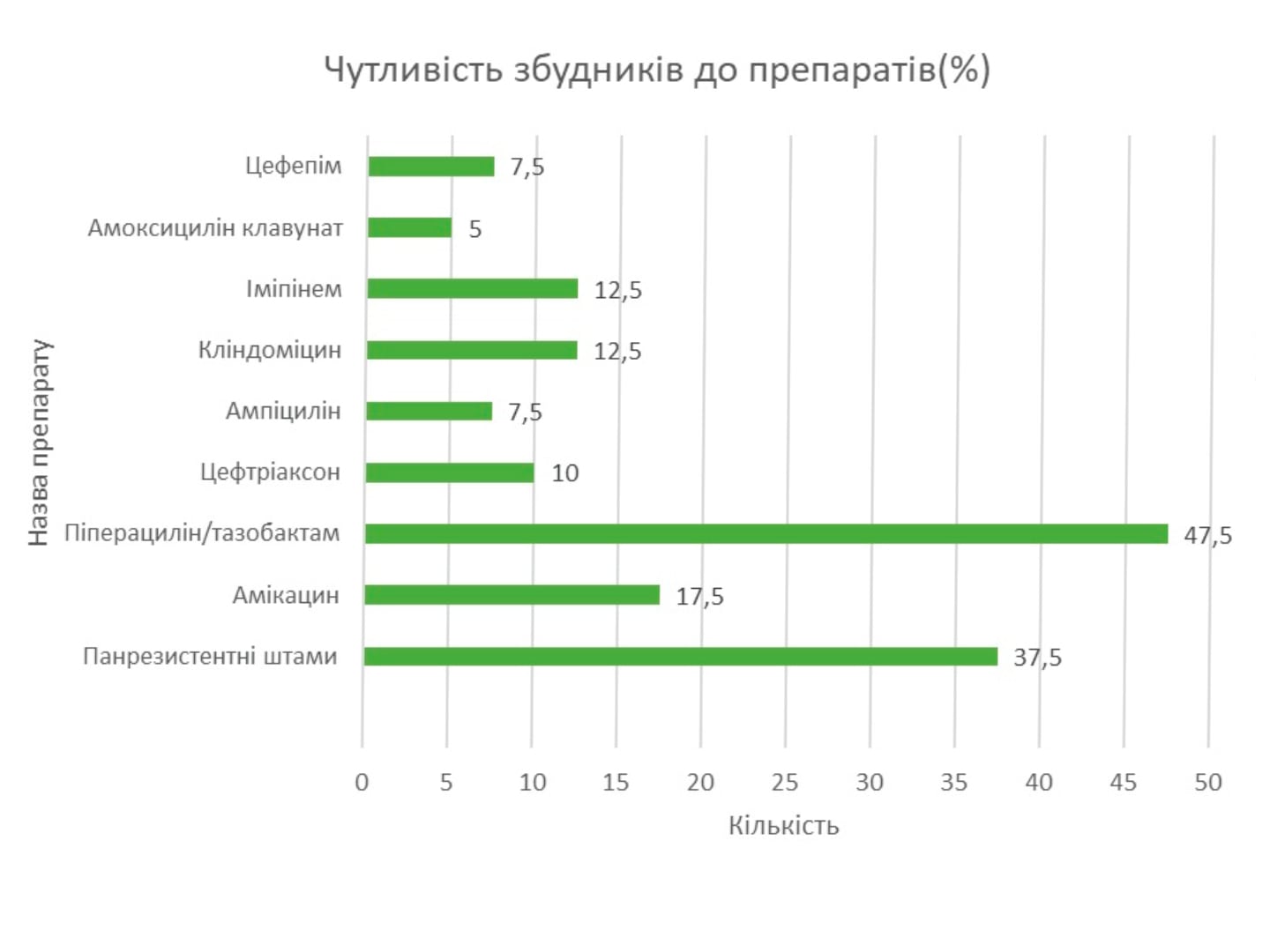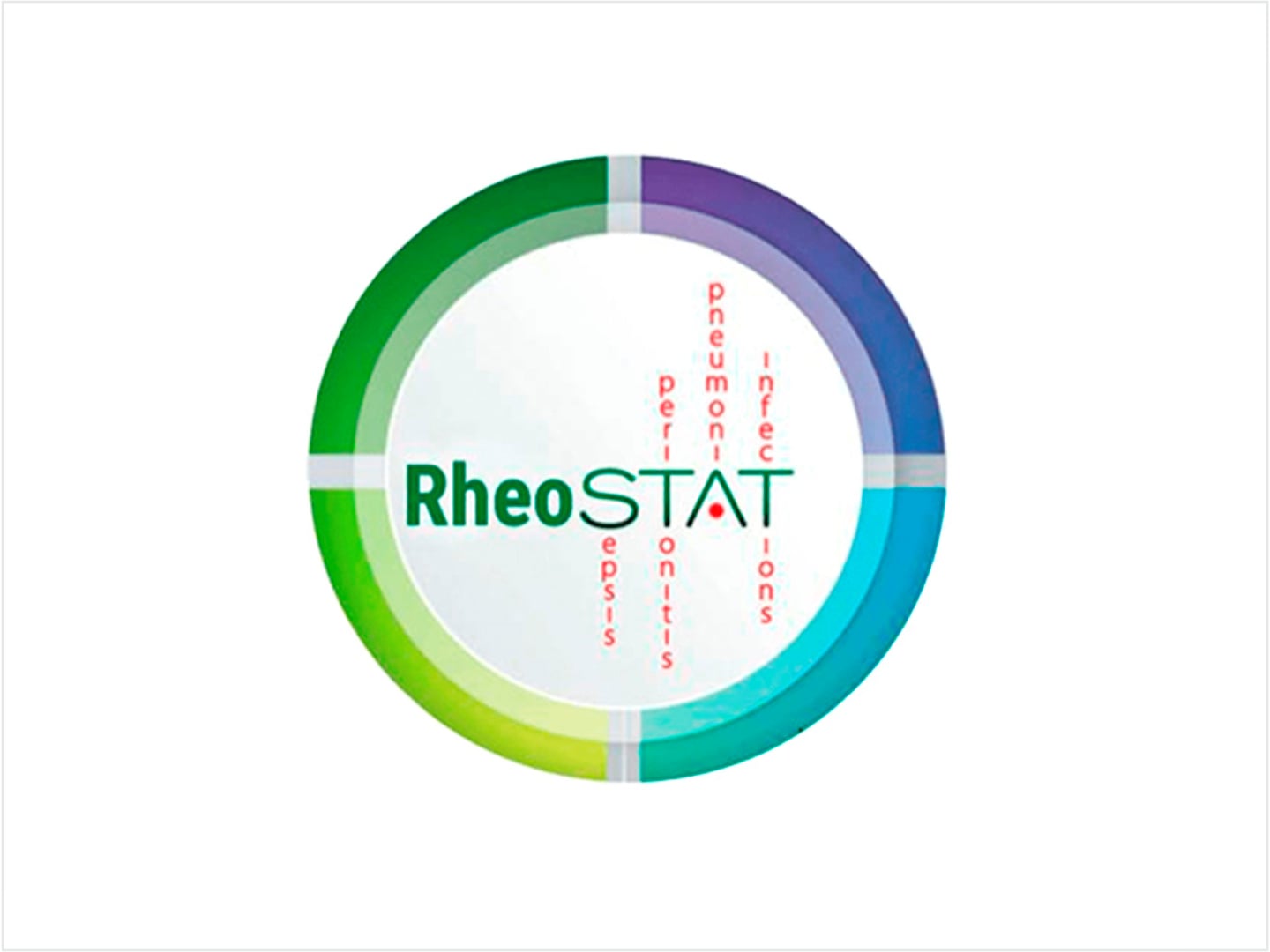The efficacy of Decasan antiseptic agent in the multimodality treatment of patients with exacerbation of chronic cystitis
The work presents the data on application of antiseptic agent in Decasan in the multimodality treatment of patients with exacerbation of chronic cystitis.
Key words: decamethoxin, Decasan, chronic cystitis.
Chronic cystitis is a chronic inflammatory process in the wall of the urinary bladder, the most frequent complication of acute diseases of the urinary bladder, urethra, kidneys and genitals both in males and in females. It is frequently diagnosed as concomitant disease in patients with diabetes mellitus, in various gynaecological diseases, in chronic diseases digestive tract, spinal cord and neuropathies [5, 14, 22]. Radiation cystitis is a frequent complication of radiation therapy. The conventional classification of cystitis differs non-complicated (catarrhal, erosive-desquamative and atrophic cystitis) and complicated forms of cystitis (ulcerative-necrotic, profuse bleeding up to tamponade, encrusted cystitis, secondary-corrugated urinary bladder and bladder fistulas) [3, 28, 29].
The most complete classification of cystitis was presented by A.V. Lyulko [14], which divided chronic cystitis into catarrhal, ulcerative, polypoid, cystic, emphysematous, eosinophilic, encrusted and necrotic forms depending on the patterns and the severity of morphological changes. The cystitis is considered chronic when two exacerbations occur within 6 months or three exacerbations occur within a year. The urologists most frequently deal with postoperative, radiation and catheter-associated types of chronic cystitis, related to the presence of resistant nosocomial and opportunistic microflora.






